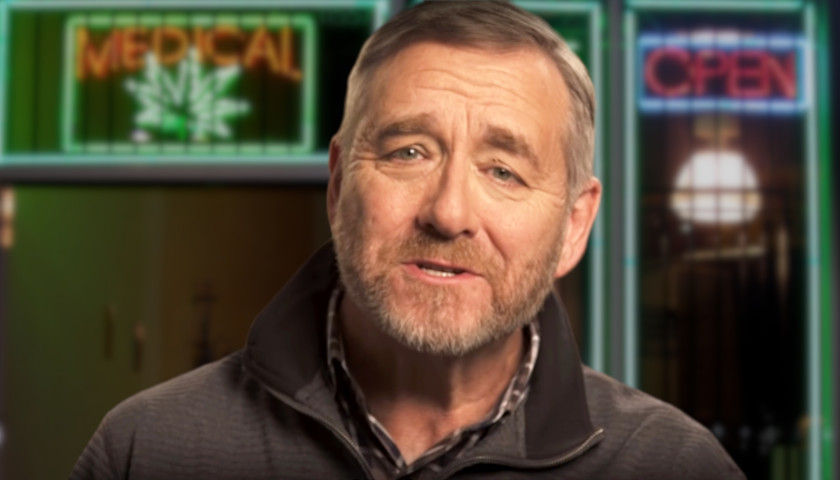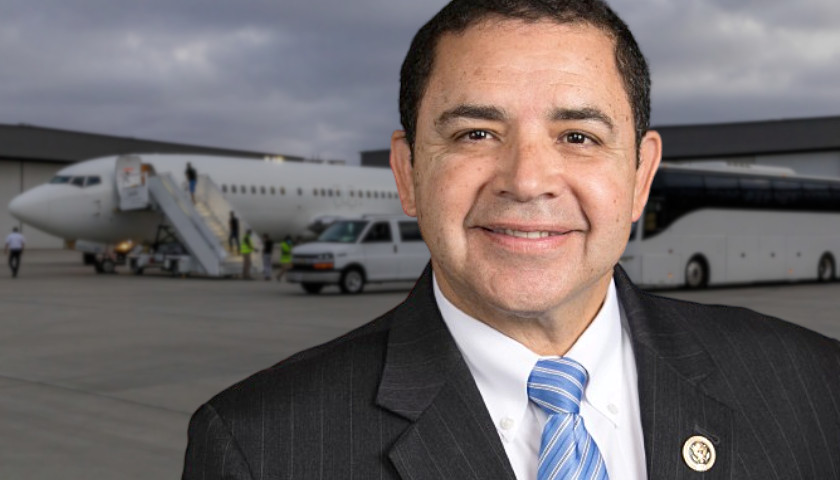Ohio Attorney General Dave Yost joined a coalition of 38 states urging Congress to grant federal banking system access to marijuana-related businesses. The coalition is working on getting Congress to pass the Federal Secure and Fair Enforcement (SAFE) Banking Act (H.R. 1595).
Although many states have legalized medical marijuana, the federal government has regulations that block the federal bank and related banks from lending to cannabis-related institutions. Under the existing ruling, many legitimate marijuana-related businesses are forced to function as cash-only operations.
Back in 2018 while Yost was a state auditor, he found an excess of flaws with Ohio’s medical marijuana system.
“If you wrote a book about how not to roll out a government program, this would be exhibit A,” Yost said at the time. Now Yost is taking a firmer hand in fixing the ongoing issues in the growing medical cannabis market.
In a press release from the Attorney General’s Office, Yost had this to say:
“When a business is dealing strictly in cash, they’re inviting a whole host of problems. No legal business should have to operate in a manner that provides little to no security in their financial transactions.”
H.R. 1595 seeks to change that and would “create protections for depository institutions that provide financial services to cannabis-related legitimate businesses and service providers for such businesses, and for other purposes.” The purpose of H.R. 1595 is to “increase public safety by expanding financial services to cannabis-related legitimate businesses and service providers and reducing the amount of cash at such businesses.”
Marijuana-related businesses currently do not have access to banking and financial institutions. Federal regulators prohibit financial institutions from providing loans, banking and other financial services to the businesses. Banks holding Ohio charters are not an exception either, as they are likely insured by the Federal Deposit Insurance Corp (FDIC), and regulated by the federal government.
The National Association of Attorneys General (NAAG) now has 38 Attorney Generals from different states supporting the bill. NAAG chose to endorse the legislation as an official policy position. NAAG typically endorses less than a dozen policies a year.
Medical cannabis has been legal in Ohio since 2016. There are currently 21 medical conditions that allow Ohioans to obtain the drug, but the list may be growing soon.
A state medical committee is trying to add anxiety and autism to the list, but the same committee previously rejected such conditions as insomnia, depression, and opioid addiction.
The selling of medical marijuana in Ohio, although legalized in 2016, did not begin until January of 2019, but since then problems have spurred with dispensaries across the state.
The bill is still being reviewed by the House Subcommittee on Crime, Terrorism, and Homeland Security. After being introduced in March, it was sent to the subcommittee on April 8.
– – –
Mitch Shirley is a reporter for The Ohio Star and Battleground State News. Emails tips to [email protected].
Photo “Dave Yost” by Dave Yost. Background Photo “Marijuana Shop” by Laurie Avocado. CC BY 2.o.





